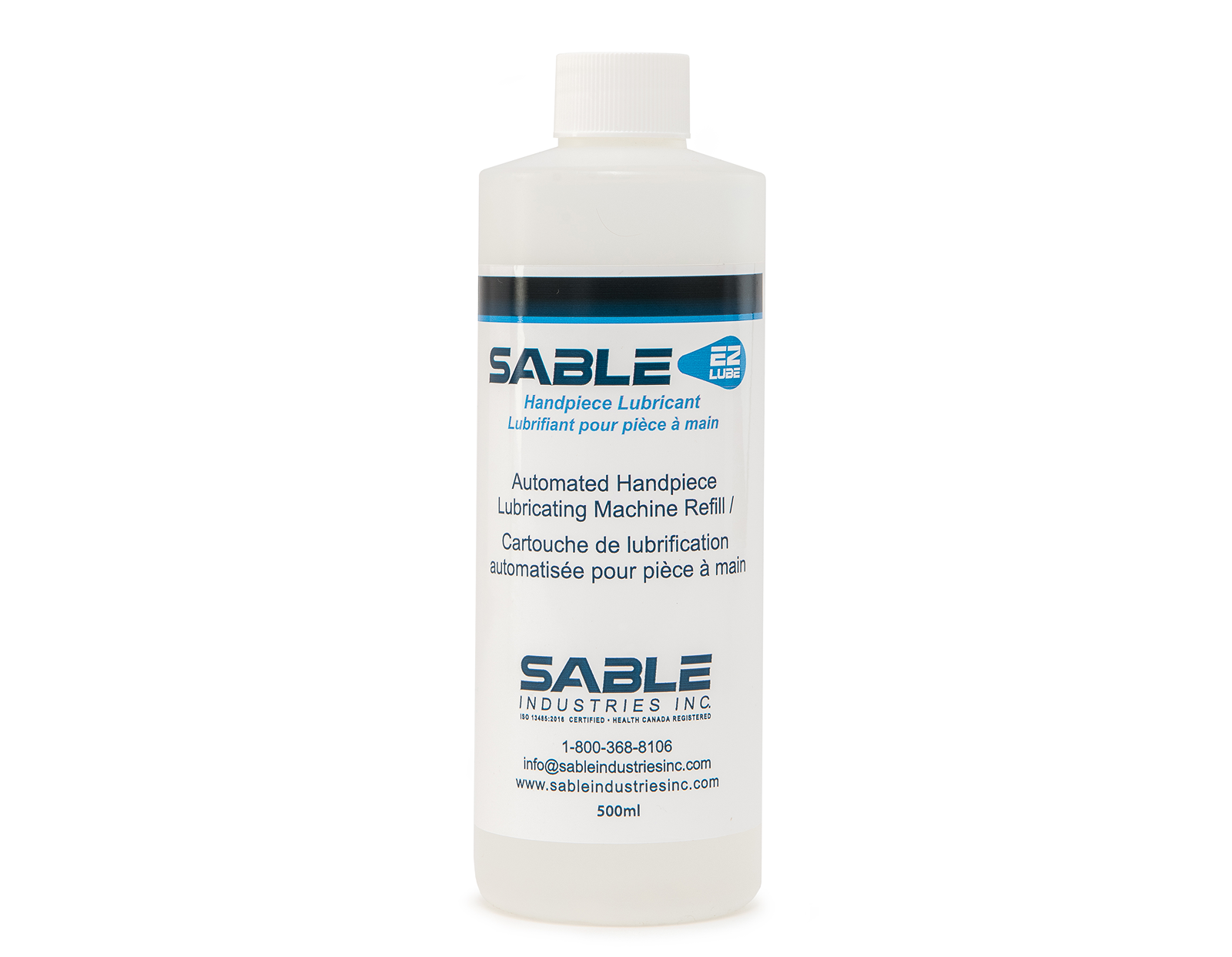Signing a lease is one of the first of many big decisions you’ll make when starting your own dental practice.
When you’re just starting out, it’s hard to envision where your business will be in a few years. But while your lease might seem like an afterthought now, it can carry a lot of weight if you ever decide to move, sell, or shut down your practice!
There are many dos and don’ts involved in negotiating a lease for your dental practice. Today, we’ll take a look at the big three: make-good clauses, subletting and assignments, and the length of the contract.
1. Navigating the Make-Good Clause in a Dental Lease
A make-good provision lays out how the landlord expects the property to be when the lease is over. If you don’t leave the space in the condition you agreed to, you’ll pay for it!
Examples of common make-good clauses include:
- The tenant returns the building in its initial condition
- The tenant strips the building down
A make-good clause can be bad news if your practice space is a fixer-upper and you plan to undertake major renovations. Years down the road, when it comes time for you to move on, you could be on the hook for the expenses of stripping the property or returning it to its original state.
Fortunately, there are ways to navigate this costly sticking point. Sometimes, all you need is to ask. Your best chance is if the landlord is eager to bring on a tenant long-term and you have leverage.
Of course, it won’t always be that straightforward, in which case, you’ll need to take other steps to offset those expenses.
Below is a list of actions you can take to stave off the potential pitfalls of a make-good clause if your landlord doesn’t get rid of it:
- Agree to a maximum total expenditure so that you’re only paying a certain amount.
- Don’t agree to undo any work you didn’t do. Make sure it’s written in the contract that you only have to pay to return the space in its original condition, not to make any additions or strip it bare.
- Get a document called a “condition report” before moving in. This will document damage or changes that already exist before your tenancy begins. This way, you won’t have to pay anything that wasn’t your doing.
- Be sure you’re not paying your make-good provision fees months after your lease ends. Ask your landlord at the end of your term if there’s work they want you to do. Provided they answer “no,” ask them to release you from the clause.
2. Know the Difference Between Sublets and Assignments
Sublets involve transferring your lease’s rights and responsibilities to a third party (i.e., the right to access space and the responsibility to pay rent every month) without changing your original contract with your landlord. You’re responsible for any of the new tenant’s actions (e.g., if they miss rent, you’re stuck with the bill).
This option’s a bit risky, but it’s a whole lot easier to negotiate than an assignment. Sublets are ideal for sharing your practice space with another dentist or professional part-time, or on a temporary basis.
An assignment, on the other hand, entirely releases you from your obligations as a tenant and transfers those obligations to the new tenant. This option makes sense when you’re selling your practice or trying to move to a different location before the end of your lease. However, since you need the landlord’s permission to assign your lease, you must talk to your landlord before making this arrangement with another professional.
To avoid any confusion, your lease should clearly state which scenarios allow an assignment to occur.
3. How Long Will You Be Leasing For?
Typically, the longer your lease commitment, the more leverage you have in negotiations with your landlord.
For example, your landlord might agree to get rid of the make-good clause because you sign a longer lease. Or, they might even end up paying for some of the improvements you make to the space.
Before signing a long lease, consider the following:
- Are you confident in your practice and its long-term success?
- How long do you plan on running your practice?
- Does the lease require a personal guarantee?
Remember that a long lease can be rigid, so you should be 100% sure that the benefits outweigh the commitment!
Finally, know that the end of your lease doesn’t always spell the end of your business at that location. If you have a good deal on a great space, talk to your landlord about renewing the lease before the end of its term. However, renewal clauses should not be a substitute for negotiating good make-good and assignment clauses up front.
Securing a great lease from day one will help get your practice off on the right foot! Understanding these factors gives you a better idea of what to look for in a dental practice lease before you shake hands and start doing business.


